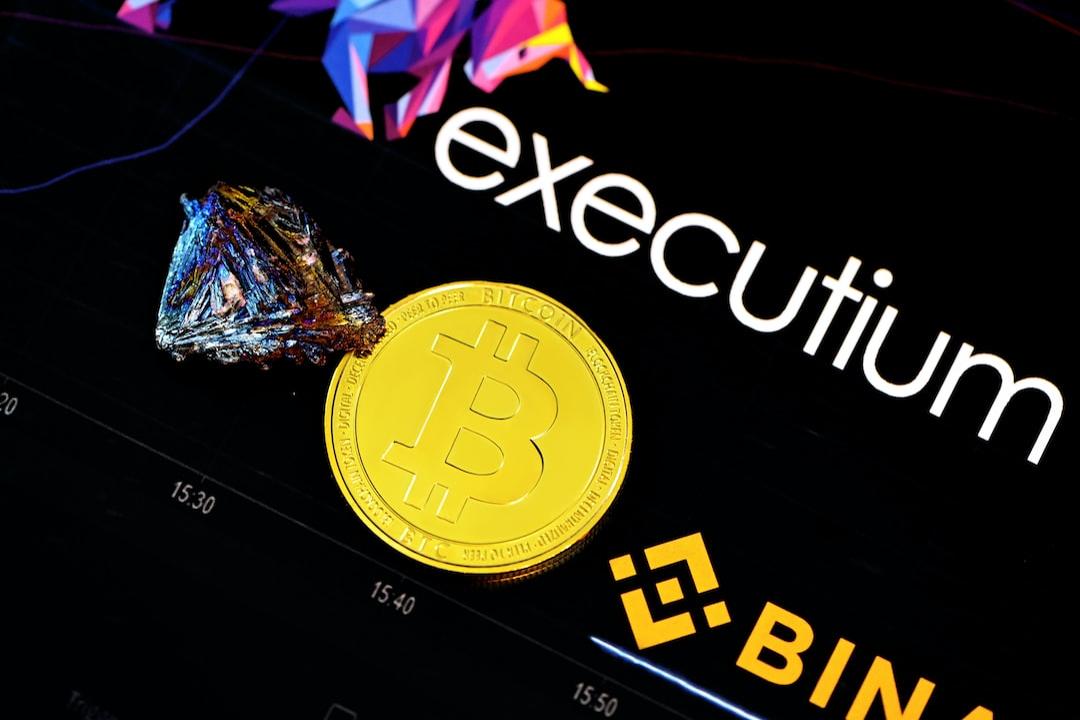The parent company of MetaMask, Consensys, is facing a lawsuit from the United States Securities and Exchange Commission (SEC) for allegedly acting as an unregistered broker and conducting unregistered securities transactions through MetaMask Swaps since 2020. The SEC claims that Consensys has generated over $250 million in fees from brokering crypto asset transactions and offering staking services without proper registration, leaving investors vulnerable without necessary protections. The SEC is seeking a permanent injunction, civil penalties, and other relief against Consensys for violating federal securities laws.
Furthermore, the SEC asserts that Consensys has acted as an intermediary in unregistered transactions by enabling investments in Lido and Rocket Pool’s staking programs, thus depriving investors of essential safeguards. Consensys has reportedly sold thousands of securities for these issuers and played a significant role in their distribution.
In response to a Wells notice from the SEC received in April, Consensys filed a lawsuit against the regulatory agency, disputing its authority to regulate software interfaces like MetaMask. Consensys anticipates a rigorous legal battle in Texas to address these contentious issues.
The SEC’s complaint categorizes staking programs by Lido and Rocket Pool as investment contracts, alleging that participants in these programs invest Ether in a collective venture with an expectation of profits. Neither Lido nor Rocket Pool has submitted a registration statement to the SEC, raising regulatory concerns.
Through its MetaMask platform, Consensys is accused of acting as an unregistered broker and underwriter by facilitating these staking programs. The SEC has previously taken legal action against staking service providers, with Kraken settling for $30 million in February and Coinbase currently disputing SEC claims regarding staking as a security.
Staking involves securing and supporting blockchain networks by locking cryptocurrencies in a digital wallet. Validators validate transactions and create new blocks based on the staked amount, earning rewards in return, which serve as passive income for stakers.
Recent approvals of Ether-based exchange-traded funds (ETFs) suggest that the SEC still views staking as a security, underscoring the ongoing regulatory scrutiny in this space.

